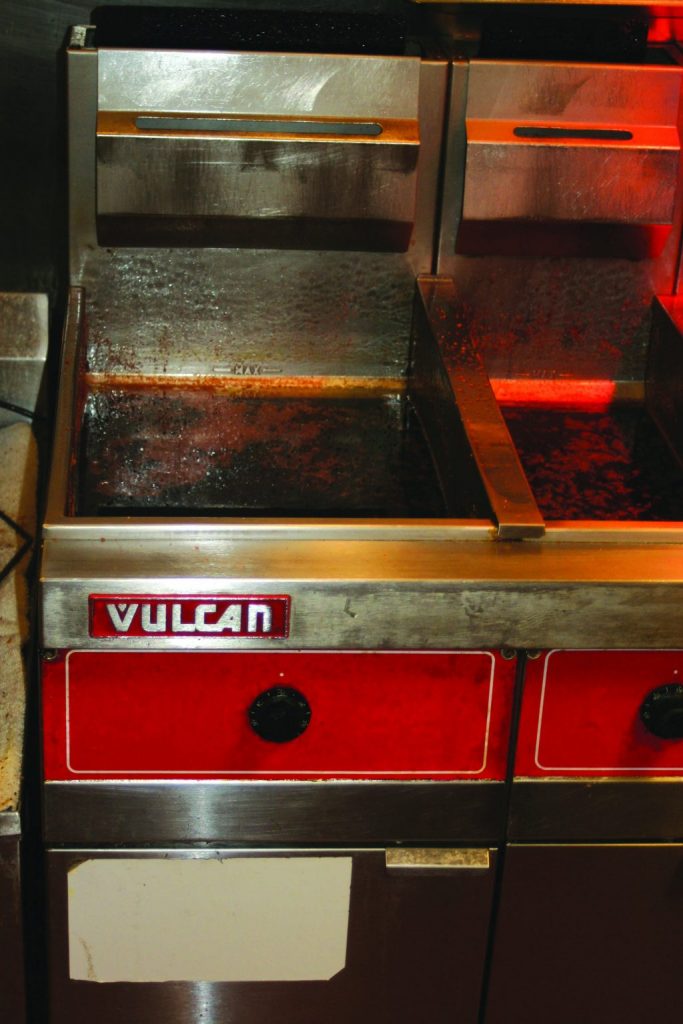Biodiesel is the new fuel of choice; go green
When you fill up your tank at the pump, do you think about what you’re putting into your vehicle? I never thought it mattered much. However to some, it is very important. You hear about people trying to obtain better gas mileage from the type of fuel they use.
Biodiesel is fuel made from natural and renewable sources, such as new and used vegetable oils and animal fats. It is most commonly used for diesel engines. In many ways, biodiesel is the perfect fuel for buses and trucks.

This archived article was written by: Kristen Zarucchi-Mize
When you fill up your tank at the pump, do you think about what you’re putting into your vehicle? I never thought it mattered much. However to some, it is very important. You hear about people trying to obtain better gas mileage from the type of fuel they use.
Biodiesel is fuel made from natural and renewable sources, such as new and used vegetable oils and animal fats. It is most commonly used for diesel engines. In many ways, biodiesel is the perfect fuel for buses and trucks.
It produces fewer polluting emissions, supplies of it can be renewed indefinitely, and because feedstock materials can be grown domestically, use of it can help bolster the U.S. economy while lessening this country’s dependence on foreign petroleum products.
Biodiesel is typically made by chemically taking reacting lipids such as vegetable oil, animal fat (tallow) and combining them with an alcohol base.
According to greencar.com, biodiesel is meant to be used in standard diesel engines. It can be used alone or even blended with petroleum diesel. Common blends include B2 (2 percent biodiesel), B5, and B20. B2 and B5 can be used safely in most diesel engines.
However, most vehicle manufacturers do not recommend using blends greater than B5, and engine damage caused by higher blends is not covered by some manufacturer warranties.
Biodiesel is made from heavy oils or fats, which are hydrocarbons. Fresh soybean oil is most commonly used. It is produced from crops commonly grown in North Dakota, including canola, soybean, sunflower and safflower. These crops are all capable of producing several gallons of fuel per acre that can power an unmodified diesel engine.
It can be made from mustard seed oil or waste vegetable oil. This kind of oil is the type used in restaurant deep fryers. These hydrocarbons are filtered and mixed with an alcohol, such as methanol, and a catalyst, such as sodium hydroxide or potassium hydroxide. This results in a chemical reaction whose major products are the biodiesel fuel and glycerol.
Some advantages of using biodiesel are that by using it, it creates less air pollutants and greenhouse gases. It also is biodegradable, non-toxic and safer to handle. Some disadvantages of it though are that it has lower fuel economy and power. It is also currently more expensive than other fuels being used.
However, government incentives along with fluctuating oil prices, higher diesel fuel prices, energy security and environmental issues have made biodiesel production profitable, according to biodieselresource.com. This has lead to the rapid expansion of the industry. Biodiesel also heightens the rural farm economy by creating markets for crops such as soybeans and cottonseed.
You should never fuel your vehicle with clean or used grease or vegetable oil that has not been converted to biodiesel. It will damage your engine. Drivers and vehicle owners should check their owner’s manual or vehicle manufacturer to determine the right blend for their vehicle.
Two years ago, business professor David Cassidy and biology professor Jon Krum, pondered the idea to start a pilot plant in Price. The plant would have used algae in a closed-loop process, which means that instead of taking the algae from the outdoors where it could be contaminated, the process is done indoors so that it isn’t subjected to weather.
Alge would be an ideal plant to use for creating biodiesel because it grows quickly, is fairly inexpensive, and has a high lipid content.
Krum has used vegetable waste for several years to create biodiesel at his own home and runs all of his vehicles on this fuel. This is ideal for small production.
Professor Cassidy argues that biodiesel fuel is much cleaner than most fuels used today and is far more efficient by giving users more miles per gallon.
“It is not the solution to the world’s ills, however this idea could grow, and is a possible solution to cleaner alternatives of fuel,” says Cassidy.




